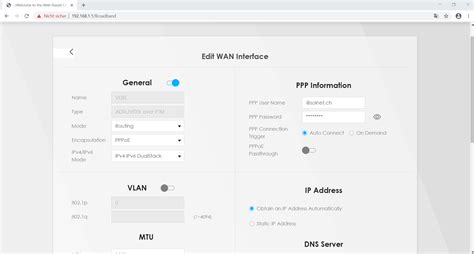Ethereum RPC Configuration Issue: rpcallowip=192.168.0.* Not Working as Expected
As a user who has successfully set up an Ethereum node using the rpcallowip=192.168.0.* configuration, you may have noticed that this configuration is no longer working after updating the Bitcoin client to the latest version. In this article, we will take a deeper look at what is happening and provide steps to resolve the issue.
What is RPC?
RPC (Remote Procedure Call) is a protocol used to remotely execute code over a network. In the context of Ethereum, it allows users to interact with the blockchain using JavaScript or other programming languages. When you run bitcoind on your local machine, it uses RPC to connect to the Ethereum network and execute transactions.
The problem with rpcallowip=192.168.0.*
When you set rpcallowip=192.168.0., you are telling the Bitcoin client to allow connections from a specific IP address range (in this case, 192.168.0.) on the local machine. This setting allows users to interact with your local Ethereum node remotely.
However, when you update to the latest version of the Bitcoin client and run bitcoind again, you may no longer be able to establish connections from the specified IP address range.
Why is this happening?
The exact reason for this issue is not immediately clear. However, there are a few possible explanations:
- Local network configuration changes: Your local network’s firewall or router might have changed since you last configured it. This could block connections to specific IP addresses from your machine.
- Network segmentation – If your local network is segmented (for example, if you use virtual private networks or VPNs), the Bitcoin client may not be able to establish a connection through the router, even if it is allowed by
rpcallowip=192.168.0.*.
- Outdated or corrupted configuration files – The Bitcoin client’s local configuration files may be outdated or corrupted, causing the issue.
Troubleshooting steps
To resolve this issue, try the following steps:
- Disable and re-enable
rpcallowip=192.168.0.*
– Restart the Bitcoin client to see if the settings have been reset.
- Check local network settings – Check that your local network’s firewall or router is not blocking connections from 192.168.0.*.
- Check Network Segmentation – Check for other segmented networks that may be blocking connections.
- Update Bitcoin Client to Latest Version – Make sure you are running the latest version of the Bitcoin client, as updates often fix known issues like this.
- Check Configuration Files
– Inspect your local configuration files for any outdated or corrupted settings that may be causing the issue.
Conclusion
If none of these troubleshooting steps resolve the issue, there may be a deeper network or system issue. In some cases, it may be necessary to seek further assistance from Ethereum developers or administrators.
By following these steps, you should be able to identify and resolve the rpcallowip=192.168.0.* configuration issue with your local Ethereum node.
 VN
VN